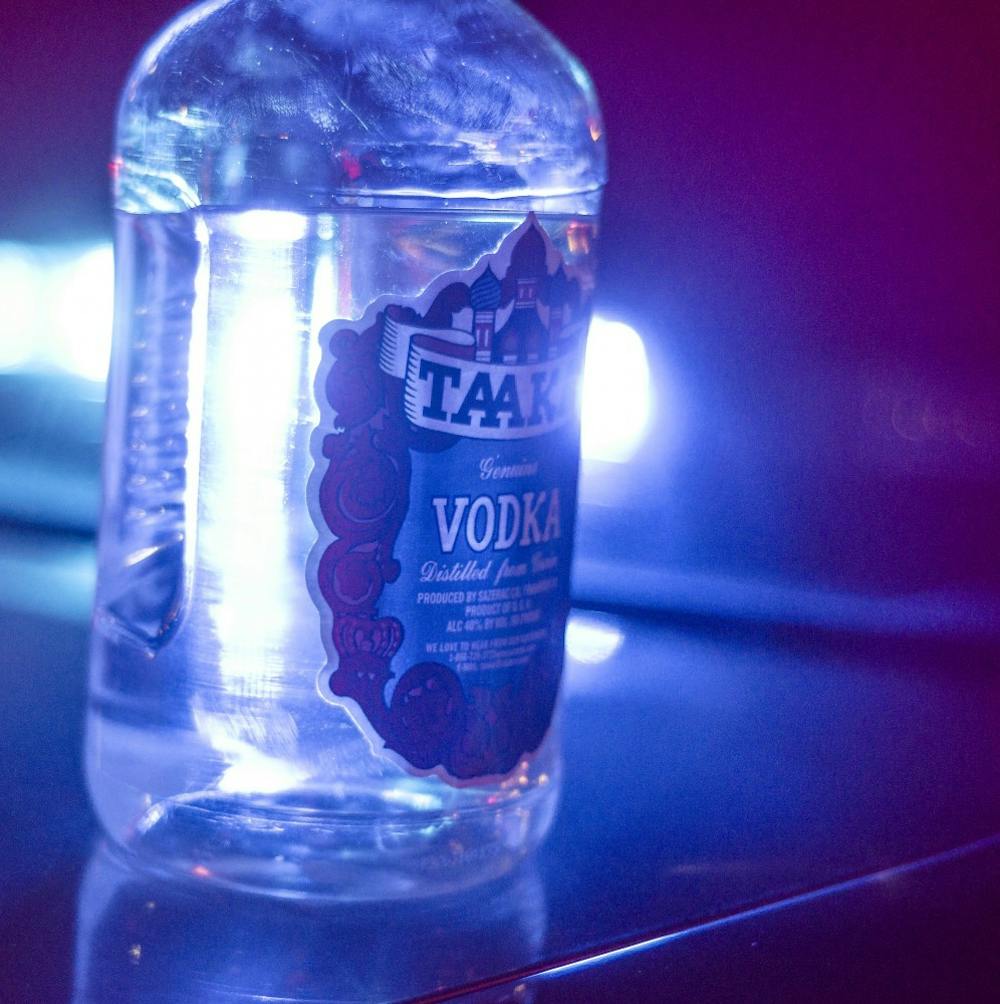Alcohol arrests at Ball State jumped 70 percent last year — far more than some other state universities — as Indiana State Excise Police continued targeting underage drinking at Indiana colleges.
Ball State’s annual security report showed 150 liquor law arrests on campus last year, compared with 88 in 2013 and 87 in 2012. The offenses included underage drinking, public intoxication and the use of fake IDs.
The annual report is issued each October in compliance with the federal Clery Act, which requires public colleges and universities to share information about campus safety.
Excise has made hundreds of arrests in university towns the past three years as part of its Intensified College Enforcement program. The state agency, which enforces alcohol and tobacco laws, announced the ICE program in 2012, saying that two-thirds of Indiana college students reported recent alcohol use — including more than half of students who were under the state legal drinking age of 21, according to a news release.
Experts advise against using Clery Act data to make direct comparisons between schools, because reporting methods may vary between institutions. Critics have said the reports are misleading because some crimes off campus are not tallied.
For whatever reason, the crime reports from Indiana University and Purdue University did not show the same increase in on-campus alcohol arrests as Ball State.
Purdue actually saw an 80 percent decrease from 2013 to 2014. Indiana University had a 1.2 percent increase.
“These numbers [at IU] mean nothing to me without more data,” said Lt. Craig Munroe, spokesman for the IU Police Department. “It could be because of the weather. If it’s colder, less folks are tailgating. It could be what events are occurring on campus or what day Halloween falls on.”
Ball State’s lower 2013 figure could stem from decreased funding to Excise in 2013, said Corporal Heather Lynch of the state agency. She said in other years, ICE was funded with a $100,000 grant.
“While the Indiana State Excise Police worked on and around campus in 2013, having the ICE grant [in other years] allowed for increased officer presence for longer shift periods,” Lynch said.
Jim Duckham, chief of the University Police Department at Ball State, said in an email sent through a spokeswoman that he did not know why arrests increased last year.
Purdue University Police did not respond to a request for comment.
Lynch said the stepped-up enforcement was helping make students more safe.
“Since the inception of the ICE grant, the alcohol-related crashes, fatal alcohol-related crashes and alcohol-related medical treatment incidents have been reduced among underage college students in Indiana,” she said.
In 2012, Excise recorded 14 incidents in which people were sent to the hospital due to alcohol-related illness. Every year after, it saw only about five incidents per year.
The campus security reports only show part of the picture of drinking in college towns. Fall 2014 saw 320 people arrested in Muncie, according to past Excise news releases. In Bloomington and West Lafayette, that number was 175 and 19 respectively.
This fall, Excise has arrested 199 people in Muncie, 215 in Bloomington and 18 in West Lafayette.
Kay Bales, vice president for student affairs at Ball State, said the school was working hard to help students stay clear of alcohol problems.
“We are most effective when we have education and enforcement together,” she said. “We do offer somewhere around 225 alcohol education programs every year.”
One program, AlcoholEDU, is an online course for those who break the law or the school’s alcohol policy. Another, called Think About It, is a mandatory online course for incoming students intended to help them avoid alcohol abuse.
“I think you have to have a multi-prong approach on this issue and many others in any population,” Bales said.
Students face possible university sanctions and criminal prosecution when arrested on campus.
The consequences depend on the situation, said Michael Gillilan, director of student rights and community standards, and Eric Hoffman, chief trial deputy for Delaware County Prosecutor’s Office.
The most common university sanctions include official reprimands, disciplinary probation, an online program associated with Think About It, group classes and assessments for substance use, Gillilan said.
“Sanctions rarely reach [suspension and expulsion] levels in response to alcohol policy violations alone,” he said. “We did a review two years ago; the vast majority of violators violate our alcohol policy only once.”
First-time offenses can qualify for the pre-trial diversion program in Delaware County, which allows certain misdemeanors, such as minor in possession or public intoxication, to be expunged from criminal records after one year. The case doesn’t go to court if it becomes diverted.
Most first-time offenders take the pre-trial diversion, Hoffman said.
“If they don’t have a record, they are more than likely going to enter the pre-trial agreement. They won’t go to court," Hoffman said. "If not, they’ll go to court and get probation and a conviction on their record.”
Lynch, the Excise officer, said she thinks the extra enforcement has helped deter more students from drinking.
Hoffman said he has not seen a decrease in the number of drinking cases, but was confident that students, including those who run afoul of the law, were learning an important lesson.
“Over and over again, you see people make poor choices,” Hoffman said. “Then, they end up getting arrested and prosecuted and, more than likely, entering the pre-trial diversion program.”
Read about the rise of drug offense arrests and disciplinary referrals on campus.





